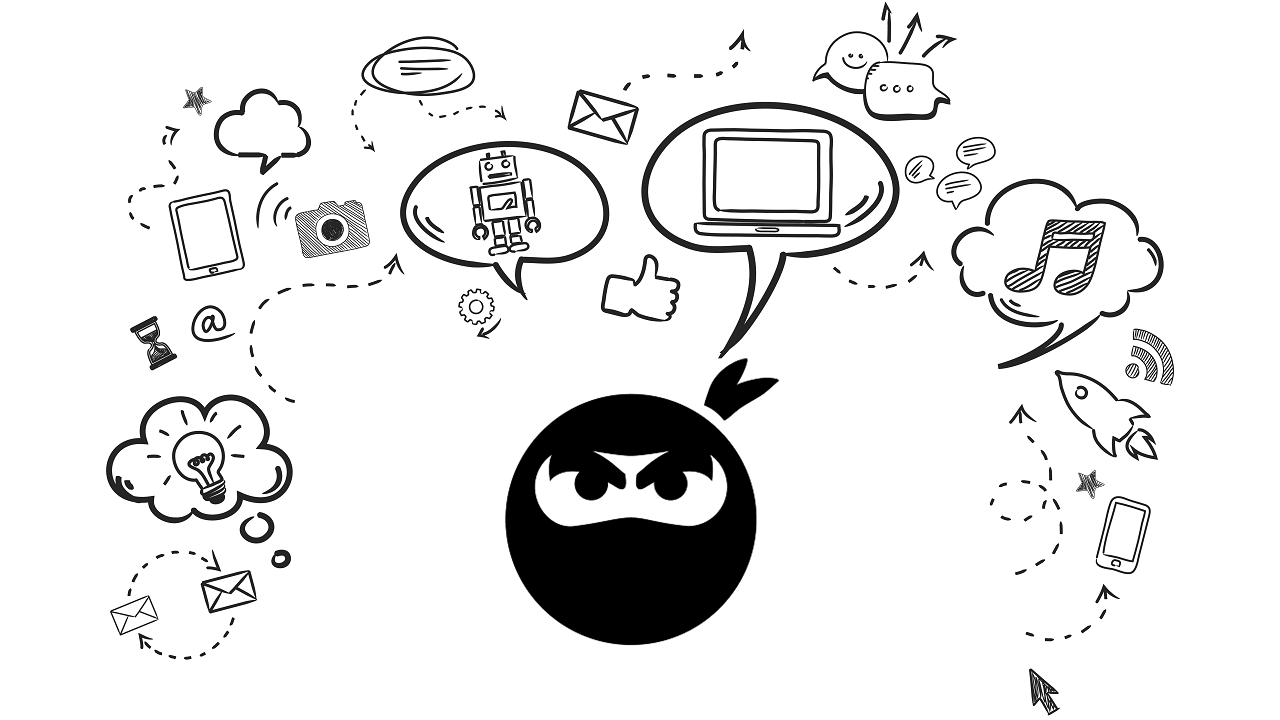
28 Oct Communication on the internet
Communication on the Internet is a vast subject. It has its own distinctions that can formally be presented through a series of recommendations. The authors Vidic, Rakar and Djajic (Political Communication on the Internet, 2011.) advise the following (I will add a few of my own observations):
• “If you have decided to start communicating on the Internet it should not be only during the campaign.”
This advice is often completely ignored, and if the communication exists out of the campaign then it is completely one-way.
• “If you expect to get Internet community support, that means your presence and involvement is expected from this day to for ever!”
• “Communicate on the Internet following the rules, with dedication, investing time and energy.”
Bon ton is equally used in the real world and in the communication on the Internet. When written communication is used it often happens that the receiver of the message does not comprehend correctly whether you are being serious or joking, so it is always necessary to think more, make an effort and explain what is happening – even if it means using smilies.
• “If you were planning to communicate with your audience directly over Facebook, Twitter .., do not let your personal accounts to be used by other people. The community will recognize fakes. ”
• “You must speak / write only what you believe in.”
• “The Internet can not be controlled because the Internet is a free medium with unique rules.”
Any attempt to keep internet under control will always have a counter-effect. Deleting content leads to content becoming viral, attempts to distort public opinion and display it in a certain way through paid activists (bots, astroturfers) will lead to the total loss of trust. More about this in another blog.
• “Communication on the Internet is a two-way street. Learn to criticize and listen to others. Have faith in the community. ”
• “Encourage others to get involved.”
• The Internet remembers everything.
Whatever you do on the Internet, you have left a trace.
• Someone has already pressed the print screen button, deleting is futile.
Deleting posts, statuses and conversations with the intention to dispute or hide their existence should not even be considered. With high probability, you can always assume that someone has already made a print screen (a copy). If you’re wrong, it’s much better to admit and apologize because attempts to hide something never succeed on the Internet.
• Do not lie on internet. It takes just few seconds to google check.
• Respect copyright.
It seems easy to follow the recommendations above, doesn’t it?
